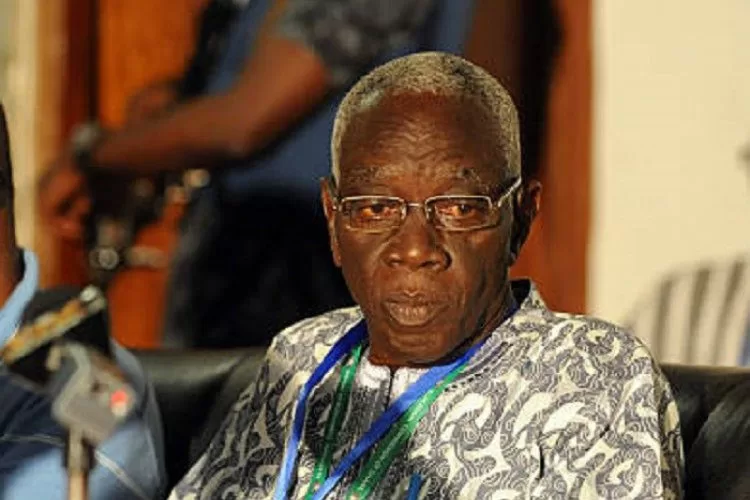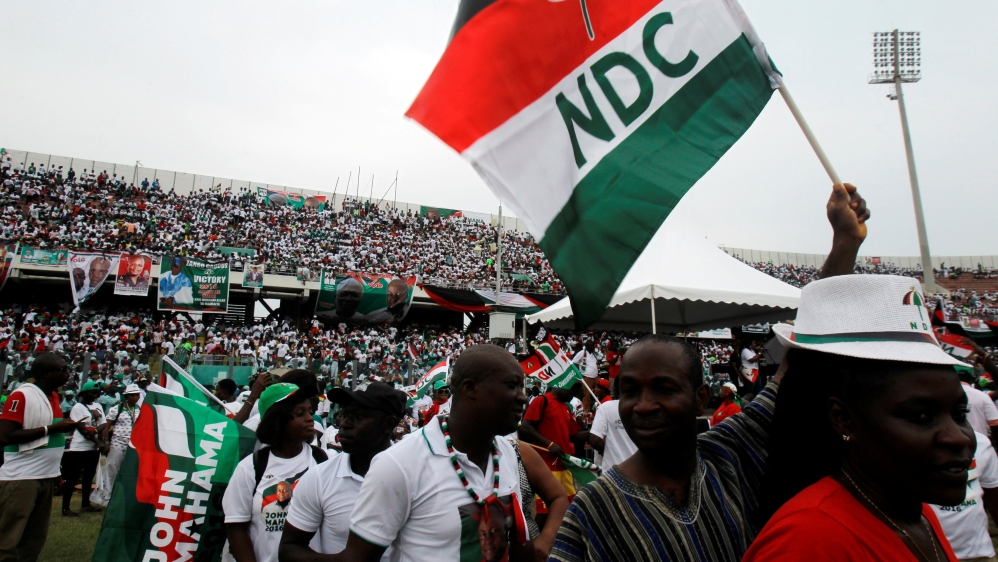A former Chairman of the Electoral Commission (EC), Dr Kwadwo Afari-Gyan, has suggested that election petitions that does not succeed should attract sanctions.
That, he said, was to prevent election petitions from becoming a ‘wanton’ fashion.
He said it appeared that some candidates rushed to court with election petitions alleging manipulation of results primarily to placate their financiers and supporters.
That, Dr Afari-Gyan said was to ensure that they (candidates) were given another chance.
“The rush can cause undeserved injury to the reputation of the Electoral Commission (EC) and unnecessary intimidation of the courts, the longest serving Chairman of the commission said, and cited Nigeria where there were 1,000 petitions before the courts after the 2023 elections.
Lecture
Dr Afari-Gyan said this yesterday in a public lecture in Accra to commemorate the Constitution Day which fell on January 7, organised by the University of Professional Studies, Accra (UPSA) and the One Ghana Movement.
The lecture also featured two former Attorney-Generals and Ministers of Justice, Joe Ghartey and Marietta Brew Appiah-Oppong and a former Commissioner of the Commission on
Human Rigghts and Administrative Justice (CHRAJ), Justice Emile Short, as guest speakers.
Dr Afari-Gyan said in view of the importance of judicial functions in election, there was need for collaboration between judiciary and the EC.
That, he said, was to institute a programme of continuous education for judges on elections, adding that such a programme would improve the delivery of electoral justice “which in turn would contribute to electoral accountability and the consolidation of democracy”.
“Free and fair elections are indispensable for the health of our democracy.
We must all understand that it is an onerous responsibility to deliver free and fair elections, and that it is in our collective interests as citizens, irrespective of our positions in society to help the EC in any way we can to deliver free and fair elections,” he said.
Mistakes
The former Chairman of the EC said mistakes occurred in elections, but genuine election mistakes could really be discovered and corrected.
To deter deliberate wrongdoing, Dr Afari-Gyan said by instituting a stringent regime of punishment for willful wrongdoing all persons connected with the conduct of elections must be held strictly accountable for their actions.
All categories of election workers must be familiar used with applicable regime of sanctions during their training and any infraction must be seen to be published.
Representation
On representation of the people, the former EC boss said a sizeable group of people should not be denied representation in Parliament for a long time.
That, he said, was because that was clearly inconsistent with the idea of representative governance.
Again, Dr Afari-Gyan said an election case should not be dismissed forthwith on a technicality like “the case was not filed in time because the lawyer brought a write instead of a petition”.
“For all you know, the candidate and the voters do not know the filing deadline let alone the difference between a writ and a petition,” he said.
Trust
For her part, Mrs Appiah-Oppong cited the Afrobarometer reports and pointed to the decline in public trust in the EC.
She, therefore, called on the EC to make the principles of accountability and checks and balances paramount in the upcoming election without room for any “tiny error”.
The former Attorney-General under the National Democratic Congress administration, also appealed to the judiciary to treat election related law suits with urgency.
1992 constitution
Mr Ghartey, who is also a former Second Deputy Speaker of Parliament, said the 1993 Constitution had served the country well adding: “We would hasten slowly in our quest to totally amend the constitution”.
He also suggested that candidates who run to court knowing that their cases lacked merit must be fined and barred from holding public office over a period of time.
That, he said, would help reduce the workload on the court and contribute to increased public confidence in the judiciary.

















